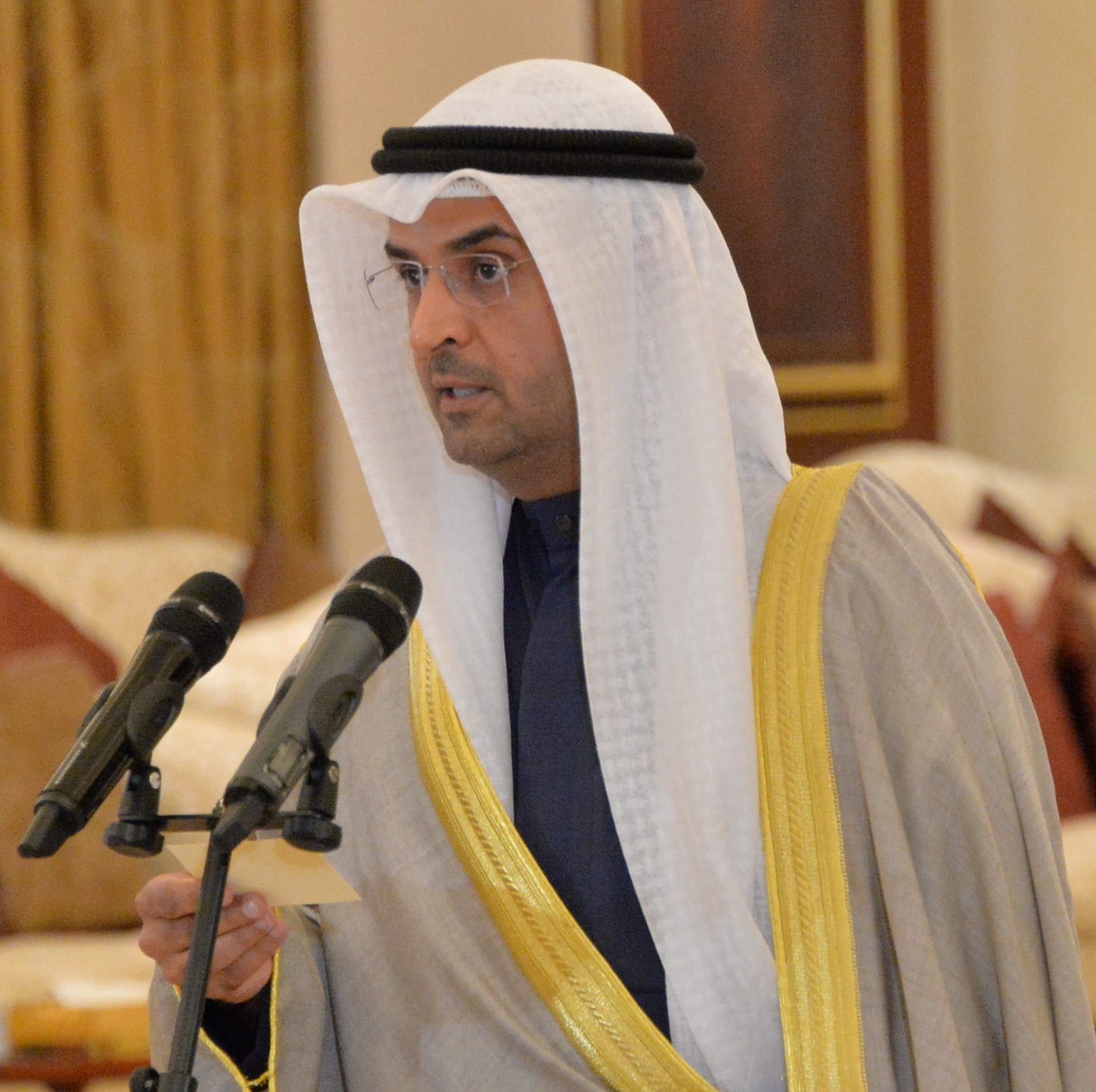The invite was sent to Doha just weeks since the signing of the Al Ula Declaration on January 5th.
The Secretary-General of the Gulf Cooperation Council said Qatar has yet to respond to a Bahraini invitation to discuss pending issues because the invite was sent through the media and not directly to the relevant authorities, as per protocol.
Qatar delayed its response to the January invite because it was carried through “a media announcement,” Nayef bin Falah Al-Hajraf allegedly told Bahrain’s Minister of Foreign Affairs Abdullatif Al Zayani.
The Bahraini official citied Hajraf in a joint virtual parliamentary meeting on Wednesday, according to Bahraini state media.
“It became clear through correspondence with the Secretary-General of the Cooperation Council that the reason for the delay in the Qatari response is the media announcement of the invitation addressed to Qatar’s Ministry of Foreign Affairs,” Al Zayani said.
Al Zayani said the invitation to Doha still stands and confirmed Bahrain “will continue to request the holding of bilateral talks between the two countries to settle the outstanding issues”.
It is unclear if the invite has now been sent through to relevant authorities.
The Bahraini foreign minister has previously accused Qatar of not abiding by the Al Ula Declaration, signed by Doha and the former blockading quartet to end the embargo on the Gulf Peninsula.
Manama claimed Qatar had not taken “serious” measures to engage in discussions to resolve disputes between the two states.
However, analysts have told Doha News that Qatar’s unresponsiveness to the “illogical” invitation is far from surprising considering the ongoing provocations from Manama.
“It clearly doesn’t seem to make sense to Qatari officials that, during escalations and ongoing attempts to taint Qatar as aggressive in the eyes of Bahraini society, that Doha would receive an invitation to send an official delegation for talks,” Dr. Majed Al-Ansari, Assistant Professor of Political Sociology at Qatar University, said.
Read also: Analysts slam ‘illogical’ Bahrain invitations as anti-Qatar provocations continue
Bahrain’s mobilisation of its media outlets against Qatar, including attempts to label it as the party unwilling to reconcile, has done little to inspire Doha to respond.
“If the Bahrainis are serious about dealing with these issues, they know the framework and protocols they have to go through. They also know how to deal with their neighbouring countries. They don’t need to go through the media,” Al-Ansari added.
Ongoing escalations
Despite the end of the three-year Gulf dispute and the signing of the accord that restored Qatar’s diplomatic ties with Saudi Arabia, the UAE and Egypt, Bahrain still appears to be hesitant to follow the footsteps of its neighbours.
In the lead up to, and after the signing of declaration at the 41st GCC Summit, a series of incidents caused tensions between Doha and Manama.
This week, Bahrain’s former foreign minister and current adviser to King Hamad bin Isa Al Khalifa, wrote a Twitter thread accusing Doha of “obstructing the work of the “GCC”.
“Although the GCC has made many important steps in favour of joint Gulf action, it faced many challenges and obstacles that threatened it and harmed the historical fraternal relations between its countries,” said Khalid bin Ahmed Al Khalifa on Friday.
Days later, Qatar’s ex-prime minister, Hamad bin Jassim Al Thani later took to Twitter to voice his thoughts on continued provocations that have emerged even after the GCC reconciliation.
“Despite the Al Ula Declaration and our awareness of the beginning of a new era between the countries of the Gulf Cooperation Council, as well as with Egypt, we still see and hear the continuation of provocation and vulgar statements charged with negativity and incitement,” Al Thani said on Twitter.
Al Thani added that there are “electronic trolls” who “are nothing but employees who write what is dictated to them, whether good or bad”.
The former Qatari foreign minister also tapped into “surprising cheap murmur” that has continued, hinting at those who seem to be less enthusiastic about the restoration of ties with Saudi Arabia.
Manama’s provocations also included repeated breaching of territorial waters and airspace, as well as seizing 130 properties reportedly belonging to relatives of Sheikh Tamim bin Hamad Al Thani.
“The continuation of such problems in Bahrain-Qatar relations are illustrative of how the Al-Ula summit only partially resolved the Gulf crisis with full Gulf Arab reconciliation remaining elusive,” Giorgio Cafiero, CEO of Gulf State Analytics, a Washington, DC-based geopolitical risk consultancy, told Doha News.
Follow Doha News on Twitter, Instagram, Facebook and Youtube







